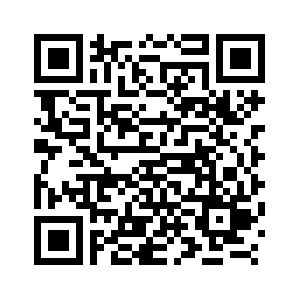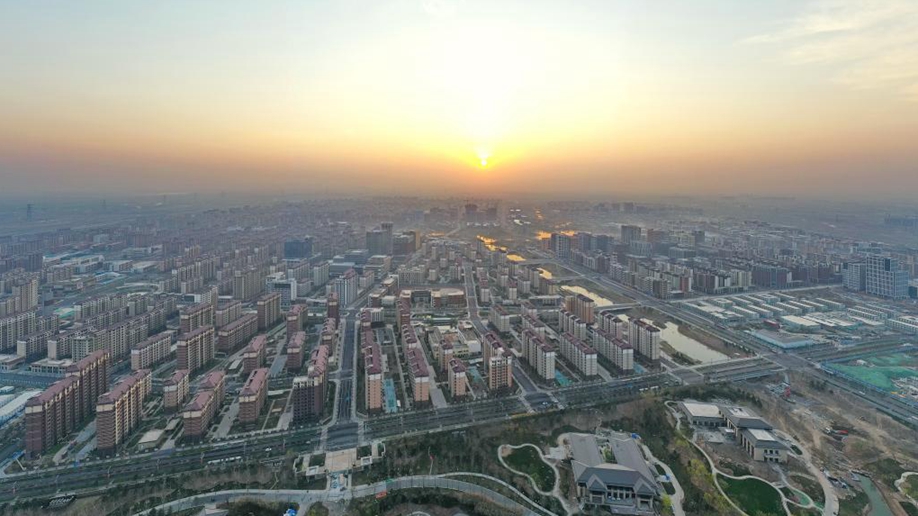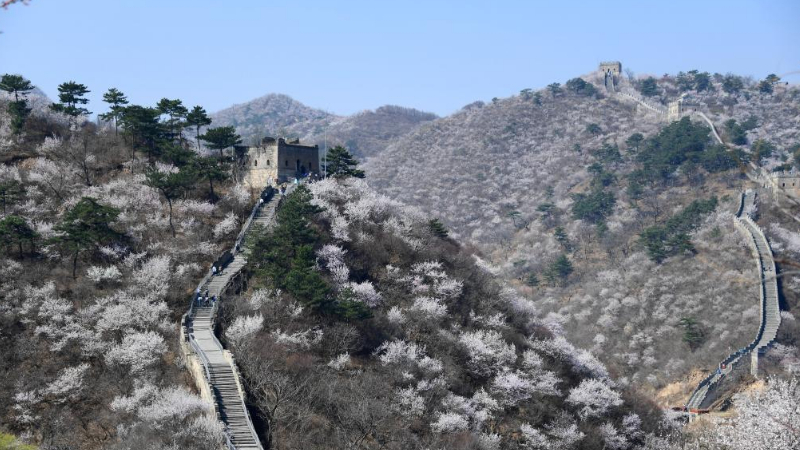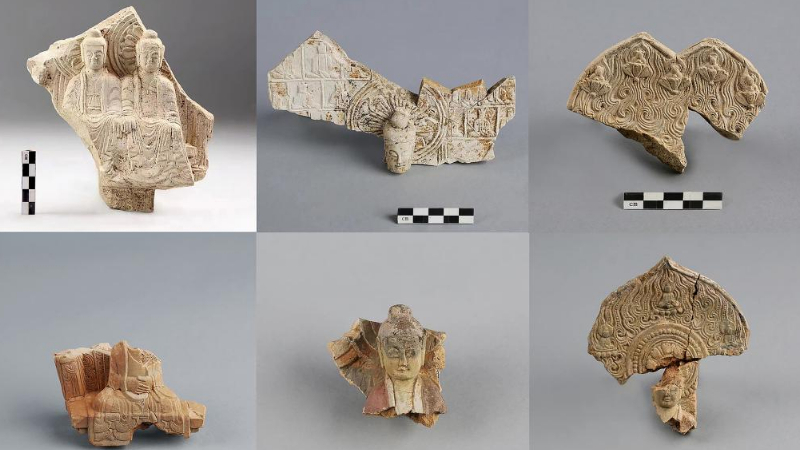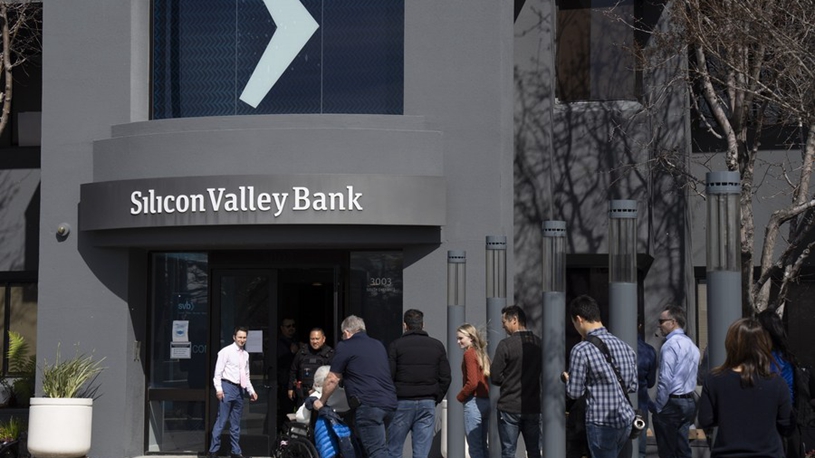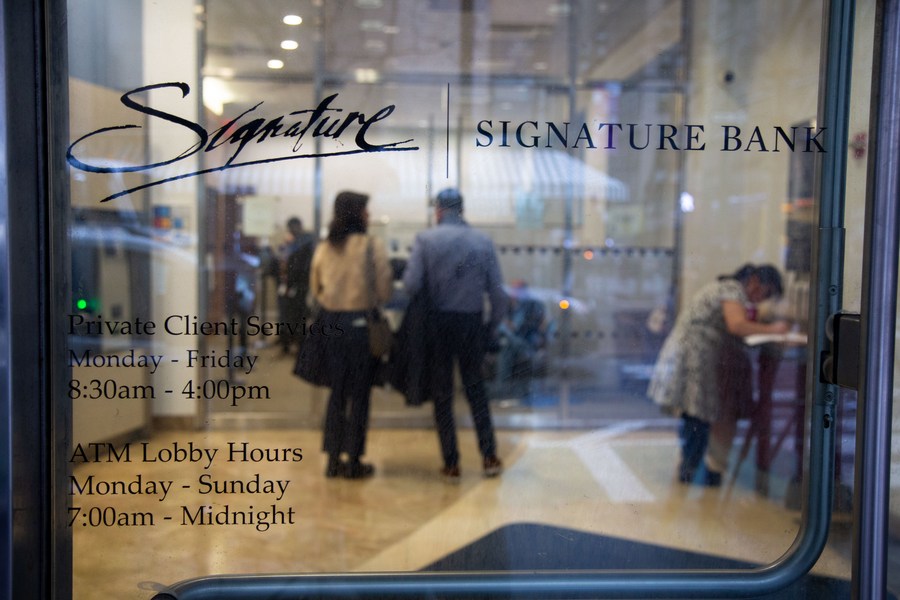
Customers wait inside a Signature Bank branch in New York, the United States, on March 13, 2023. (Photo by Michael Nagle/Xinhua)
For years, the world's largest economy has allowed capital to "hijack" politics and obstruct regulation, repeatedly wreaking financial havoc worldwide.
BEIJING, April 5 (Xinhua) -- The saga of U.S. government-and-business collusion and special interests hijacking policies has again captured global headlines as three American banks went under last month.
Standing behind U.S. financial hegemony, American capital has defined the "rules of the game" of the international capital market. However, the United States merely enjoys "dividends" from its status without taking corresponding responsibilities.
For years, the world's largest economy has allowed capital to "hijack" politics and obstruct regulation, repeatedly wreaking financial havoc worldwide.
CAPITAL MANIPULATES REGULATION
The recent banking crisis is another vivid example of the notorious "revolving door," which refers to the movement of high-level officials from government to business and vice versa.
Last month, U.S. regulators shut down New York-based Signature Bank. To observers' surprise, former U.S. congressman Barney Frank, who gave his name to the Dodd-Frank law, joined the bank's board in 2015, two years after leaving Congress.
When Frank was in office, he pushed Congress to pass the Dodd-Frank Act and advocated stricter regulation to avoid repeating the financial crisis. After leaving office and joining Signature's board, he publicly advocated for financial deregulation and even called on the Democratic Party to embrace Wall Street's lobbying.
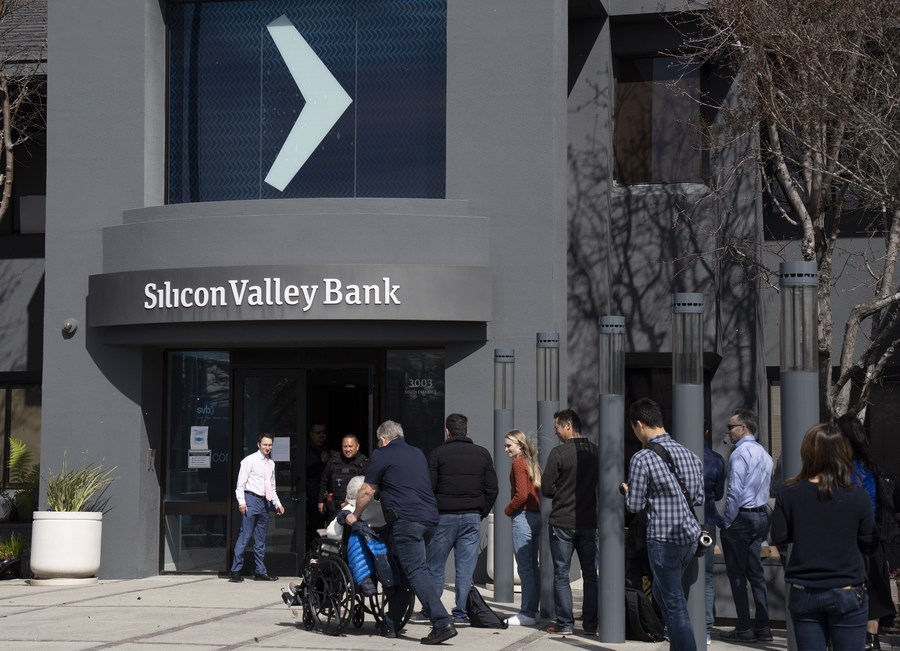
People queue up outside the headquarters of the Silicon Valley Bank (SVB) in Santa Clara, California, the United States, March 13, 2023. (Photo by Li Jianguo/Xinhua)
In another failed Silicon Valley Bank (SVB), only one member of its board of directors had a career in investment banking, while the rest were major Democratic donors.
So, the root cause of America's financial chaos is that capital stands at the core of the economic system, manipulating regulation and producing risks and dangers.
Since the late 1980s, the United States has chipped away at the power of financial regulators.
Before the 2008 international financial crisis, the development of mixed operations in the U.S. financial sector had boomed, while regulation had failed to keep pace, resulting in the rapid accumulation of financial risks. Eventually, the meltdown of subprime mortgages and the bursting of real estate bubbles triggered a severe worldwide economic crisis.
Then, the U.S. financial regulatory overhaul introduced stricter requirements for "systemically important banks," requiring those with more than 50 billion dollars in assets to undergo the Federal Reserve (Fed)'s annual stress tests.
However, the U.S. government did not learn from the harsh lesson. Due to the lobbying of financial institutions like SVB, the Trump administration pushed Congress in 2018 to raise the asset threshold for stress tests to 250 billion dollars. The American banks shut down recently by regulators all benefited from the new threshold.
More bizarrely, the flawed regulatory mechanism enables bankers to act as both "athletes" and "referees."
The San Francisco Fed, as a regulator, was too slow to detect problems at SVB, while the latter's CEO Gregory Becker was even a director on the San Francisco Fed board before the bank failed last month. And U.S. Senator Bernie Sanders called it "one of the most absurd aspects of the Silicon Valley bank failure."
OUTCOME OF U.S. FINANCIAL MESS
The fallout of America's financial bedlam is that it allows capital to cut loose and bring the world chaos.
In the name of innovation, Wall Street's capital has indulged in reckless speculation and amplified financial risks, causing severe harm to the real economy. America's capital hegemony has unsettled the world just as much as its military hegemony.
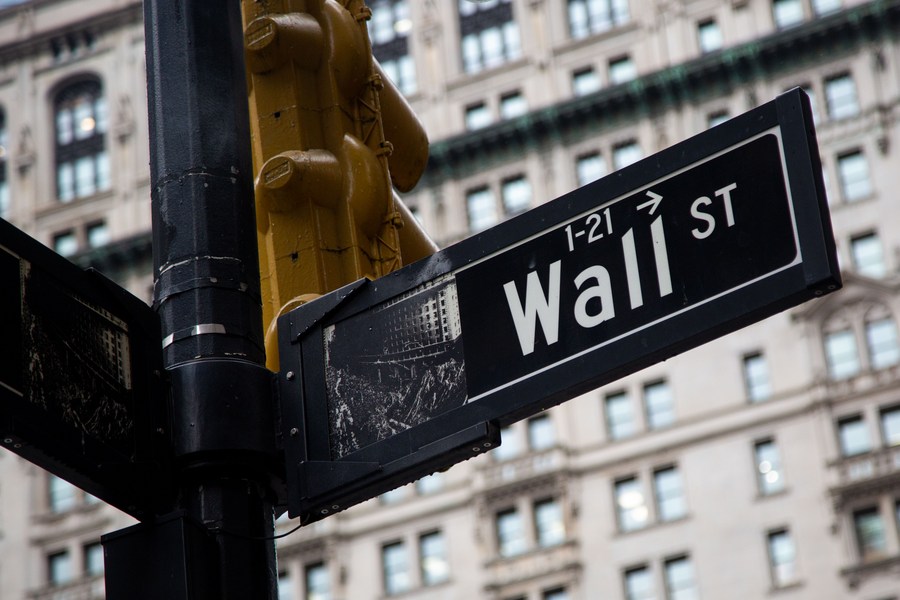
A Wall Street sign is seen near the New York Stock Exchange (NYSE) in New York, the United States, on March 13, 2023. (Photo by Michael Nagle/Xinhua)
In the 1980s and 1990s, hedge funds were part of the innovation in U.S. financial instruments. During the 1997 financial crisis in Asia, these hedge funds made waves and raked in wealth from Thailand, Indonesia and South Korea.
With the withdrawal of a large amount of international capital, the economic bubbles of Southeast Asian countries burst one after another, and thus their economic development was severely hit.
Before the international financial crisis in 2008, some credit rating agencies disguised themselves as "authoritative" and "fair" gatekeepers of the U.S. financial market and labeled high-risk assets as "high-quality."
Ordinary Americans and global investors are victims of capitalist hegemony, while financial oligarchs benefit from it. Investors who lost their money in the recent banking crisis found that several SVB executives had sold shares to cash in precisely before the bank's collapse. For example, Becker sold 3.6 million dollars worth of shares in his bank less than two weeks before the bank's failure.
The U.S. economy has been gradually becoming "a zero-sum game between financial wealth holders and the rest of America," said former Goldman Sachs banker Wallace Turbeville.
From the trouble created by hedge funds in 1997 to the disorder triggered by the U.S. subprime mortgage crisis in 2008 and to the ongoing turmoil in the U.S. and European banks, the United States has been revamping ways to destabilize the world economy, while the role of its capital as the "crisis maker" has remained the same.
As the United States steers the course of international financial hegemony, it faces global scrutiny over its economic and financial policies and the effectiveness of its market regulations.
By indulging in government-business corruption, tolerating lack of effective oversight and allowing capital to run wild, the United States has been letting its people down and undermining its credibility worldwide. ■
